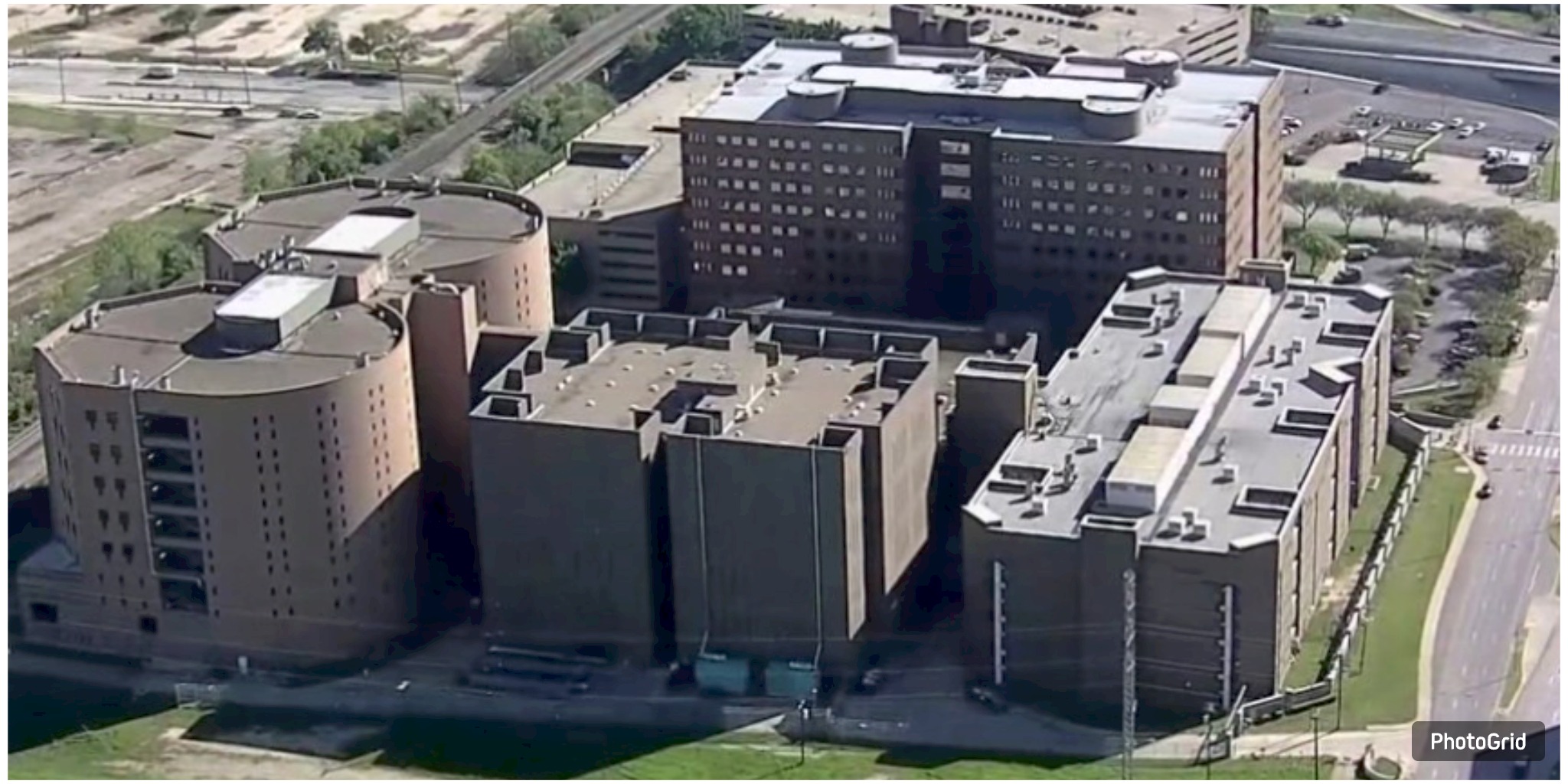
The Dallas County jail has hit full capacity for the first time in almost twenty years. This alarming situation has led county officials to issue urgent warnings about the potential financial repercussions for taxpayers, which could amount to tens of millions of dollars each month.
On Tuesday, the midnight head count at the jail revealed a total of 7,124 inmates, exceeding the facility's authorized capacity by 20, as reported by Commissioner John Wiley Price. Criminal Justice Department Director Charlene Randolph described the situation as a “crisis,” pointing to unprecedented levels of book-ins.
“This is an extremely critical matter,” Dallas County Judge Clay Jenkins stated to WFAA. “Our goal is to reduce those figures, and we are taking all necessary actions to achieve that.”
Officials reported that although the county jail has frequently approached its limits, it has not reached full capacity since prior to Jenkins assuming office 15 years ago. According to Price, the jail has not reached full capacity in nearly two decades.
Jenkins highlighted that the overcrowding is a result of various factors, such as delays in transferring inmates to state custody, backlogs in the court system, and problems with the county’s jail management software.
“We’re collaborating with our judges, clerks, and all involved in the system to expedite the process for individuals,” Jenkins stated. “It’s crucial that we do not ignore the presence of dangerous criminals; we are committed to addressing this issue.” We need to discover a method to expedite the processing of our misdemeanor cases.
As the inmate population persists in surpassing capacity, Dallas County could be compelled to seek alternative jails — potentially within Texas or even in other states — to accommodate local inmates. Jenkins cautioned that this action could incur expenses amounting to “tens of millions of dollars a month.”
District Attorney John Creuzot stated that his office is keeping a close watch on the situation each day and is collaborating with police departments to consider alternatives, such as issuing citations rather than making jail bookings for certain low-level offenses.
In a significant development, Senate Bill 9 — set to take effect on September 1 — mandates that district judges, rather than magistrates, will be responsible for setting bail for specific charges. County leaders indicated that alterations might delay the release process, potentially exacerbating capacity issues.
The Dallas County Sheriff’s Office has yet to provide answers regarding the forthcoming actions to tackle the ongoing situation.
















From breaking news to thought-provoking opinion pieces, our newsletter keeps you informed and engaged with what matters most. Subscribe today and join our community of readers staying ahead of the curve.